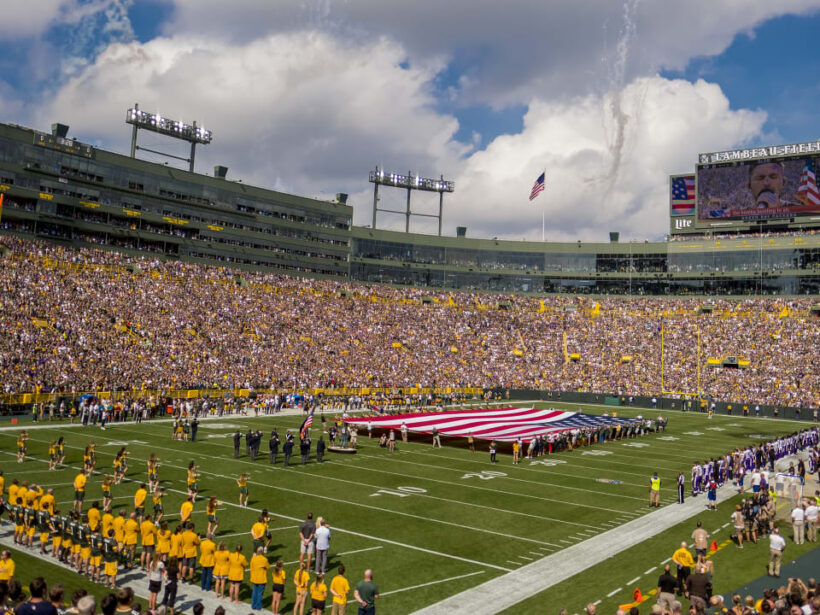The Green Bay Packers is one of the oldest NFL franchises to maintain their name and location in decades. Recently, PickBoss ranked the greatest NFL centers of all time, and some top shots who have played on Green Bay Packers’ Lambeau Field are also featured on the list.
Aside from the beautiful stadium, what’s more, distinct about the team is its ownership. It is publicly owned by fans and a group of shareholders, unlike other teams owned by wealthy families, individuals, or entities. Read on to learn how the ownership of the Green Bay Packers works.
Understanding the Packers’ Ownership Structure
The Green Bay Packers, led by President Mark Murphy is a publicly owned nonprofit NFL team whose ownership model has community and historical significance. The team regularly makes shares of stock available to its fans and operates for the benefit of the community and its fans.
Green Bay Packers run a public corporation to promote the sport of football and also support their hosting community.
Origin of the Green Bay Packers Ownership Model
The Packers’ ownership system dates back to the early 1900s when the current leadership sought to guarantee the team’s survival and maintain its location in Green Bay. The board conducted a public stock sale in 1923 to raise funds for the team; thus, the Green Bay Football Corporation came to be.
This ownership structure strongly reflects the bond between the Packers football club and Green Bay. By having multiple shareholders, the team’s future was secured and saved from the dictates of a single owner.
Till today, the community maintains a deeply ingrained passion for the club and continues to make significant decisions in the team’s operations.
Restrictions on Share Ownership and Transferability
Packers shares come with several restrictions. Firstly shareholders do not receive financial benefits like dividends or capital appreciation; neither can the shares be sold for profit.
The shares have a fixed price and only serve as a symbol of fan support. It is also worth noting that shareholders cannot transfer their shares to others except immediate family members.
You’re probably wondering what the benefit of being a shareholder in this corporation is. Packers shareholders enjoy perks like voting rights and also share in decision-making responsibilities.
They elect the team’s Board of Directors and vote on major team issues. All shareholders can attend the team’s annual meeting to engage players and administrative staff.
The Implication of Green Bay Packers’ Ownership System
As expected, Packers ownership has significant financial implications that differ from regular privately owned NFL teams.
Revenue Generation
The Green Bay Packers generate revenues through ticket sales, merchandise like jerseys, hats, and other team-branded products. It also secures and receives funding through sponsorships and partnerships with leading local and national businesses. Moreover, the team benefits from its share of the NFL’s collective media rights.
Profits Distribution
As mentioned earlier, the team does not distribute profit to shareholders. Instead, it reinvests the gains into the team and the city of Green Bay.
This way, the group continues to invest long-term in stadium facilities, player development, and other necessary areas to improve the club’s competitiveness. It also keeps the Lambeau Field modernized and up to standards.
Purchasing Green Bay Packers Shares
The Packers franchise makes its shares available at specific times; the last sales were held in late 2021 and concluded in February 2022. This sale brought the total shareholders to 361,300 fans. To be a part owner of Green Bay Packers Football Corporation, you must meet the specific requirements announced during the sale.
A new price for individual shares gets announced at the start of a new sale, but the 2021 sale was done at $300 apiece and generated a total of $90 million for the team. Finally, it’s worth noting that a shareholder is only entitled to 200 shares at most. Keep consulting the Green Bay Packers’ official website to stay abreast of stock sales.

